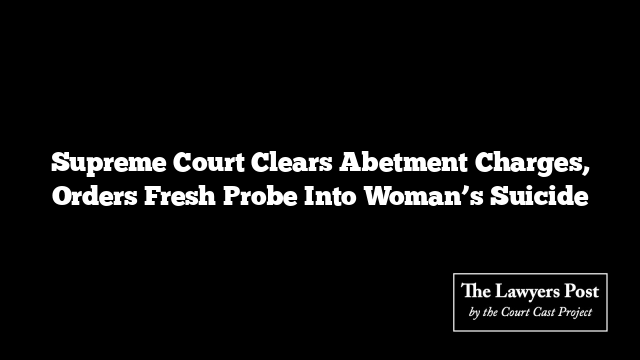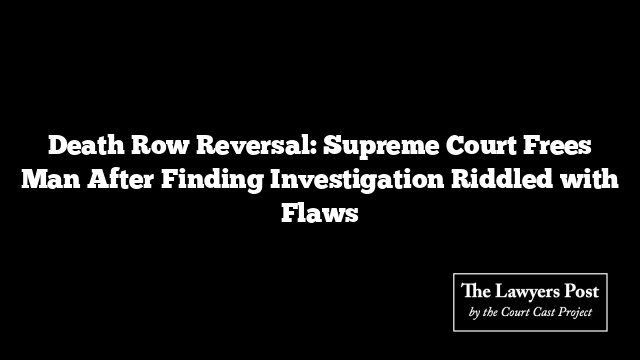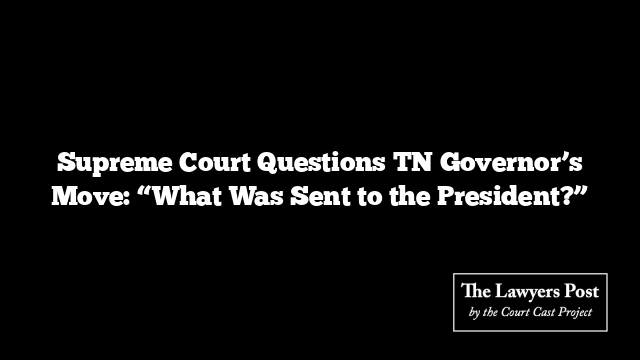The Supreme Court has ruled that charges of abetment to suicide cannot stand unless the alleged harassment leaves the victim with no option but to end their life. In a recent verdict, the Court quashed abetment charges against the appellants, emphasizing that mere allegations or verbal exchanges do not automatically amount to criminal instigation.
The case stemmed from the tragic suicides of Tanu and Ziaul Rahman, whose relationship was reportedly met with strong opposition. After Rahman’s death, Tanu’s family accused the appellants of mentally torturing her, leading to her taking her own life. The High Court had previously refused to dismiss the case, citing a direct link between the accused’s actions and the suicide.
However, the Supreme Court found that the charge sheet relied solely on the complainant’s account, without considering alternative perspectives. The Bench questioned whether Tanu’s distress was solely due to the accused or if other factors, including family disapproval, played a role. The ruling stated that the case lacked clear evidence of direct or indirect incitement, making the abetment charges untenable.
While dismissing the charges, the Court ordered a fresh investigation into Tanu’s death, directing the Uttar Pradesh police to form a Special Investigation Team. The probe, to be conducted independently, will determine whether further legal action is warranted.





